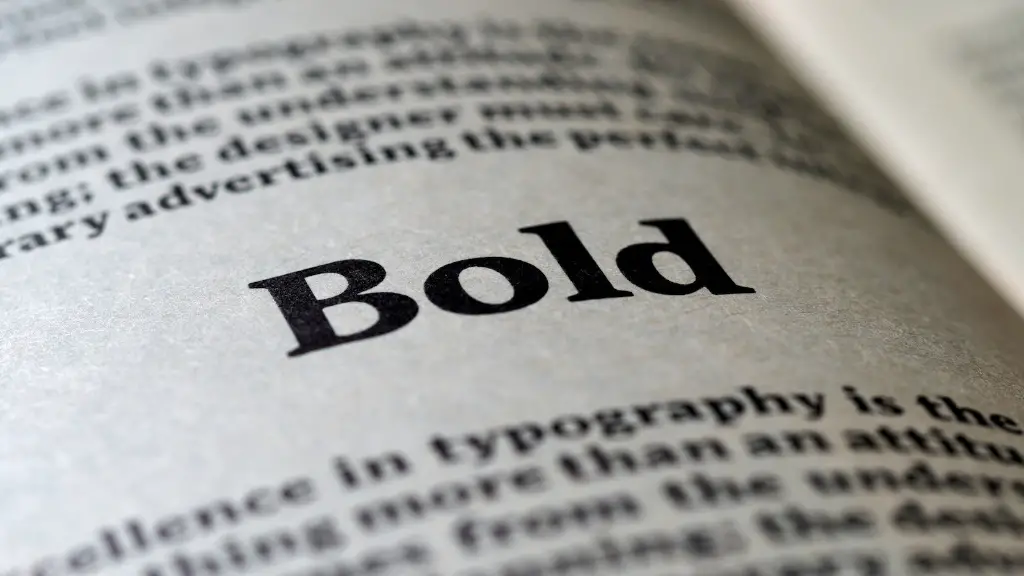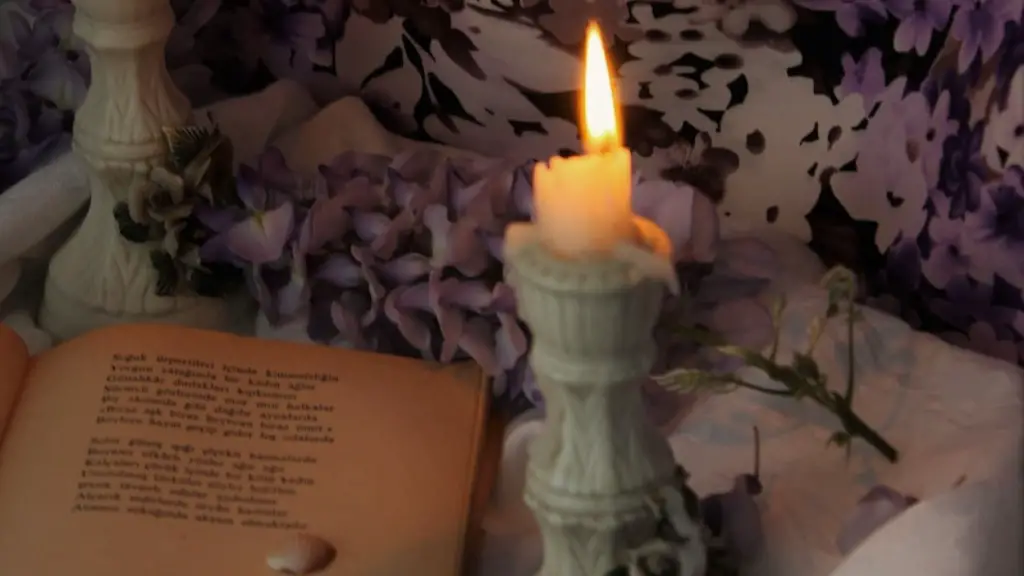What is a Poetry Anthology?
Poetry anthologies are collective books of multiple authors’ poems and works that are compiled and published together. Not only do anthologies showcase the best and most notable works within the genre, but they also function as a way to connect emerging and established poets. Anthologies can be distinct in terms of their style, language, and different topics that are covered. Although anthologies are primarily written by poets, they can also be created by different educational sects and even organizations.
When compiled, anthologies can give readers a comprehensive view of different poets’ and authors’ work. Some are created as textbooks for poetry classes, some are published by literary or educational institutions as celebratory books, and others are produced for commercial use. Usually, an anthology reflects one particular theme or covers a particular period of time. By understanding the anthology’s concept and mission, it will deeply structure the way in which the works are presented.
The introduction of the anthology, which is the curators’ opinion and commentary, gives the readers an explanation of what they can find and what the overall message may be in the book. As well, the introduction provides necessary and relevant information about the authors involved and their context. From here, readers can get to know the authors’ values, views and opinions, and understand the similarities between them.
In addition to being a source of great works, anthologies are also cues for contemporary poets who are looking for inspiration by looking at their predecessors’ works. This can be found through a range of topics and styles and is extremely beneficial for developmental purposes. As anthologies provide an immense amount of variance within their works, there is an abundance of authors who are looked up to and get inspiration from them.
Anthologies often contain historical pieces or pieces that are both timely and timeless. From here, you can see how different authors have developed and changed over time, and how the trends have changed too. But even if the pieces have been written years ago, they are still relevant. Every author’s work creates depth to each of the anthology’s collections, and it’s these authors and the themes they explore that make anthologies so special.
The Variety of Poetry Anthologies
Poetry anthologies come in all shapes and sizes. There are those that cover one particular theme, such as a particular type of poetry – such as abstract, traditional, or contemporary – or poetry that discusses a particular political, economic, or social issue. And then there are those anthologies that contain a variety of works by a range of authors, allowing readers to explore the more versatile works by each author.
Anthologies can have subdivisions that could be organized by poets, period of time, or even a combination of both. These divisions can give helpful insight into the anthology and help to make sense of the selected works. When anthologies are produced for commercial use, their collections tend to be a combination of works from different artists. This allows for discovery and exploration of the work, and creates a unified yet diverse collection.
The Impact of Poetry Anthologies
Anthologies can have a huge impact on the way readers and scholars perceive poetry, as well as provide a sense of structure, context, and order to a particular subject or idea. Anthologies provide a unique way to educate, inform, and even entertain their readers. They can be used as a tool to provide information on a certain subject and offer insight into the writing and authors themselves.
Anthologies are a great way to introduce emerging authors who may not be recognized by a larger audience yet. As well, they can be used to connect readers to iconic writers. Using anthologies can help readers get to know a particular author’s style and works in a more profound way.
The Role of the Curator
The curator of an anthology is responsible for curating the content, selecting and adding poets, and selecting or rejecting provided poems or pieces. A curator’s job is to compile the work in a way that’s meaningful and representative of the current generation, whatever the chosen topic is. Poetry anthologies can be a way for curators to give light to certain topics and create a wider awareness about certain issues.
The curator has to be knowledgeable about the topic of poetry, has to be open-minded and have a keen eye for detail. They have to be very selective in what they add and reject, and they must be able to identify writers who are passionate, talented, and can truly describe the specific theme they are covering.
Pros and Cons of Poetry Anthologies
The advantages of poetry anthologies include that they can introduce readers to new poets and their works, as well as provide learners and readers with a comprehensive view of the genre. Furthermore, anthologies include rich collections of works, allowing readers to get a taste of various authors.
However, one disadvantage of anthologies is that they limit the variety of works by presenting only those works that are considered noteworthy or relevant. This can mean that some authors may be excluded from the anthology in favor of more established authors. Additionally, anthologies can limit the diversity of works, and not all readers may find appeal in the works that are showcased.
How to Publish a Poetry Anthology
Before embarking on the endeavor of publishing a poetry anthology, curators need to decide on the theme or subject. It is important to be specific and conscientious of the topics they’re covering. This will give them a better idea of their audience and overall mission.
Once curators have a clear idea of their vision, they should reach out to as many poets and authors as possible. They should also have insight into the desired content and the chosen topic in order to evaluate the works being sent to them.
How the anthology will be published is another consideration. There are a few options available, such as traditional publishing or self-publishing. Traditional publishing usually requires submitting the entire anthology to a publishing house, and the publishing house will decide if they want to work with the curator and publish the book. Self-publishing provides curators with more control, as they will have responsibility for the production, printing, and distribution of the book.
The Digital Age of Poetry Anthologies
Modern technology has changed the way poetry anthologies are published, distributed and marketed. In the digital age, curators have the power to reach a larger audience and use more effective ways to share the anthologies.
Social media has become an integral part of the modern publishing industry, allowing authors and curators to reach more readers and promote their works. By utilizing the different platforms, the audience of anthologies can expand and reach even more people.
Digital publishing has also been an advantage for authors and readers, as now anthologies are readily available to purchase online. If the anthology is published digitally, curators will have much more control over their book and its distribution. This also assists with the marketing and promotion of the anthology, as curators can optimize their digital presence and reach potential readers.
Conclusion
Poetry anthologies are an invaluable resource for both readers and authors. They showcase the best works and provide readers with insight into the themes and the authors’ personalities. As well, anthologies provide those interested in publishing their own collections with the tools and direction they need.
From traditional publishing to the digital age, anthologies have shaped the way poetry is read and appreciated. By understanding the concepts and advantages of anthologies, readers will be able to find works that they appreciate, and curators and poets can find the perfect vehicle to showcase their creativity.


